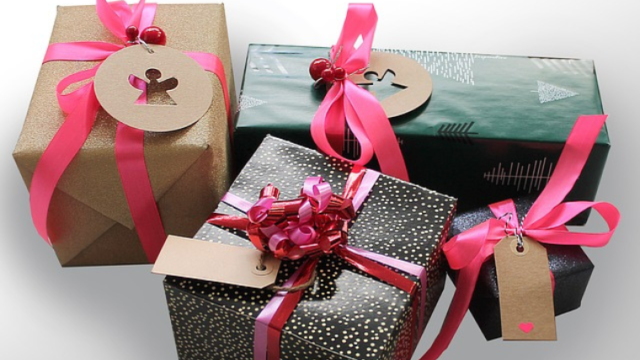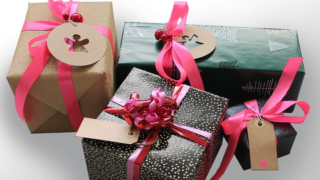
Japanese government decided to ease the COVID policy and guidelines starting March 13. We are not obliged to wear masks anymore.
But I don’t think Japanese people stop wearing masks anytime soon. It will take so much time for us to be free from masks. Maybe that will never happen.
Many Japanese people were wearing masks even before that, not because it’s a guideline imposed by the government.
*I wrote this article several years before the COVID epidemic ruled the world.
Hello, again. This is BabyJ😊.
You may have noticed that, on the train and on the streets, so many Japanese people are wearing masks. You can see it all throughout the year, especially in winter.
Many Japanese People Wearing Masks

At drugstores and convenience stores, you can see lines of masks in various designs, shapes, functions and colors.
Some of you have probably had a chance to see a man in a black mask like poison-protection, or a woman in a pink one or a little boy in a leopard-patterned one or one with a cartoon character.
Why are Japanese people wearing masks?
Reason 1: It’s Good Manners to Do So

The main reason why Japanese people wear masks is because it is good manner to do so, when we have a cold or a hay fever.
By wearing masks, we can prevent the cold virus from spreading, and also we can prevent annoying others around us.
You may have noticed that if you are without a mask and you are coughing a lot on the train, the person sitting in front of you may look very disgusted and sometimes they move out of their seats and sit somewhere else.
In the case of a hay fever, it is not contagious. But coughing and sneezing a lot without a mask is still an annoyance to people around you.
It is therefore advisable to wear a mask when you have a cold or a hay fever.
Reason 2: For Self-protection

Japanese people wear masks also for self-protection.
Especially when the flu is prevalent in winter. Many people wear masks on the train and at work in order not to catch the flu virus from others around them.
This is often the case when you are determined not to fall ill because of a busy work schedule, an upcoming examination or an important meeting, or even an important date.
Reason 3: To Avoid Exposing Yourself

There are still other reasons for Japanese people to wear masks.
This is, in the case for older women. When they need to go out and meet others, but feel it’s too bothersome to wear make-up, they will occasionally wear masks to avoid exposing their faces without make-up.
In a similar way, they may wear hats when they need to meet others because they feel it’s too bothersome to spare time to dye their white hairs.
They don’t want to look shabby, but they don’t want to use their time and energy on make-up and hair-dye because they are tired.
Reason 4: To Avoid Communication with Others

I’ve also noticed that some people wear masks in order to avoid communication with others around them.
One of my former colleagues was wearing a mask every day. I was wondering why he did so while it was obvious that he didn’t have a cold or a hay fever. He never took off his mask all throughout the year.
I noticed that he also didn’t talk to anyone at work. He preferred to communicate everything by emails or in writing instead of having a person-to-person communication.
Later I came to know that although he was an intelligent and capable worker, he suffered from a communicative disorder.
For him, a mask was the barrier between him and others. He needed it to hide his face in order to avoid communicating with others.
In this way, for Japanese people, masks are gears with a lot of useful functions.
I myself don’t like wearing a mask, because it is bothersome; I can’t breathe well; and I don’t look very nice with it on. But I do wear a mask, even reluctantly, when I have a severe cold and I’m coughing a lot just to have a good manners.




